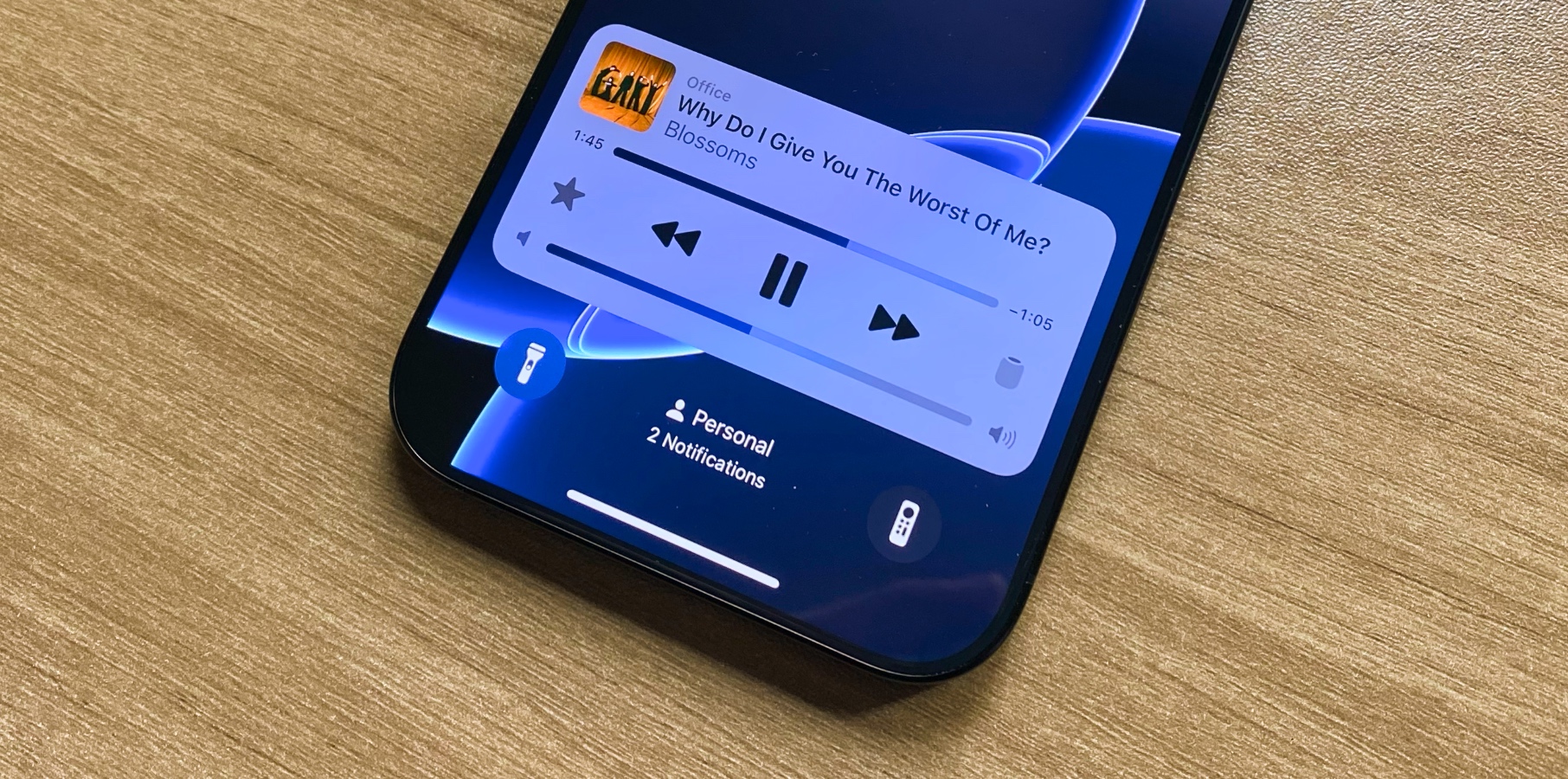Generative AI tools such as ChatGPT are already impacting the job market. A new study shows a 21% reduction in demand for freelance jobs that are automation-prone and don’t require consistent human attention.
Researchers from Harvard Business School, the German Institute for Economic Research, and Imperial College London Business School studied 1,388,711 job posts on a major (but undisclosed) global freelance work marketplace from July 2021 to July 2023, and found that demand for such automation-prone Jobs had fallen 21% just eight months after the release of ChatGPT in late 2022.
Writing jobs were most affected, followed by software, app, and web development work, as well as engineering jobs. The large language models that underpin tools like ChatGPT are trained on large amounts of text to predict the most likely next word in a sequence. The model forms a many-dimensional map of words, phrases, meanings, and contexts, and in doing so develops a remarkable grasp on language.
OpenAI launched ChatGPT on November 30, 2022 and already had an estimated 100 million users by the end of January 2023.
The researchers found that demand for graphic design and 3D modeling gigs fell 17% after the release of AI image generation tools like Midjourney and Stable Diffusion.
The decrease might exacerbate competition for the jobs, which is already fierce, and could drive down compensation rates for the jobs that remain, the researchers note. With the increasing adoption, and improvement, of AI tools, the availability of more routine or redundant work is likely to dwindle.
People who have skills that are complementary to AI tools, such as critical thinking, creativity, and emotional intelligence, may become more valuable and in demand, say the researchers. This shift in skill demand could reshape the labor market, with a growing delta between “high-skill, high-wage jobs and low-skill, low-wage jobs.”






/cdn.vox-cdn.com/uploads/chorus_asset/file/25718380/247372_MacBook_Pro_M4_ADiBenedetto_0019.jpg)





